
Pest infestations can cause psychological and emotional damage as well as physical health problems. You can prevent pest infestations from occurring by knowing the potential damage that rodents or insects can cause to your home and your business. This will help protect your family and staff. You can also hire pest control experts to help you get rid of these pesky critters.
Pests can cause emotional damage to the entire family, regardless of whether there are older or younger children. Pests can cause damage to your business, including lawsuits, in commercial buildings such as hotels and one instance recently reported in a grocery store. Zap Pest Control Inc. can help you prevent this from happening to your business or home.
Psychological effects of pests
Infestation affects all five senses. Pests can be ugly and produce a foul-smelling stench that can change how you see the environment. There are two options: you could feel the bed bugs crawling on your skin or hear them scurrying about in the walls. You may have nightmares, flashbacks, or fear of entering a room with bugs. Consider the psychological and emotional consequences of pest infestations in your home or business.
1. Phobias
Phobia is a fear that causes disorientation or impairment and can be caused by an intense fear of an object, person or place. This psychological phenomenon causes a person to react negatively even if they are just thinking about a rodent or bug being there. If you experience any of these symptoms, then you probably have a phobia with pests.
Intense fear of the pest: This can make bed bugs, cockroaches, mice, or other insects seem dangerous or deadly. These pests can cause illness or threaten your property. This is your body’s way of protecting itself. The fear can be so intense that it can become unbearable. You might think of the rodent or insect as the end of the world.
Anxiety that is uncontrollable: Panic attacks can occur when the thought or sight of a pest triggers your thoughts. Panic attacks can cause nausea, vomiting, racing heart, trembling and difficulty breathing. You don’t think rationally when you confront the object of fear.
These are just a few of the phobias that you might have due to pest infestations.
- Katsaridaphobia is a fear of cockroaches.
- Arachnophobia is a fear of spiders.
- Entomophobia is a fear of all insects that can be extreme and irrational.
- Musophobia: You might be afraid of rats and mice.
- Apiphobia is a term that describes someone who has a fear of bees.
- Myrmecophobia is an extreme fear of ants that can be characterized as myrmecophobia.
The fear is unfounded. It is best to learn about the pests and their benefits. Some insects, such as bees, spiders and ants can help to improve the ecosystem and even eat pests like mosquitoes. You can also learn to prevent anthills and beehives, create safe areas in your home, or call an exterminator for help.
2. Delusional Parasitosis (DP)
It’s possible for you to feel a crawling sensation when you come across a disgusting insect. In extreme cases, the feeling could become so bad that it can affect your psychological or emotional health. This disorder is not something you may be aware of. People won’t always talk about the condition, so it is possible to feel shame or guilt.
These symptoms may be present if you have had a pest infestation.
- Invisible bugs: People who have DP believe they have an infestation. You might feel a crawling sensation, hallucinations or itchiness.
- Self-harm: People suffering from DP will do anything to get rid of the tiny insects and bugs that are on their skin. To relieve itching, they might use tweezers or other products to get rid of them. They end up doing more damage than good.
- Pesticide use excessively: People with DP may use too many chemicals or pesticides to get rid of the pests. Pest control companies in Myrtle Beach only use safe amounts of chemicals to eliminate the pests. However, excessive pesticide use can cause harm to your environment and yourself.
3. Obsessive-Compulsive Disease (OCD).
OCD symptoms can also develop in those who have experienced a pest infestation. The condition causes intrusive thoughts, images and urges to enter a person’s head, mostly around seeing or hearing the pest. These thoughts can be eliminated by engaging in repetitive or compulsive mental activities, such as cleaning their environment or taking care of their own needs.
These symptoms may be seen in people who are anxious about pests.
Obsessive house cleaning is when a person with OCD has a strong desire to clean their home repeatedly. They might sweep the floor, clean the table, or wash their hands many times before they feel their home or body are clean enough. OCD people might be too obsessed to clean after a pest infestation.
OCD can lead to contamination obsessions. OCD sufferers could be extremely anxious about the possibility of coming in contact with dirt, germs, sticky residue, or dust. They may develop washing or cleaning compulsions, such as excessive toilet wiping, brushing teeth, and showering. They will also feel that their clothes are always dirty and feel the need for laundry more often than they should.
4. Post-Traumatic Stress Disorder (PTSD)
A severe distressing event can trigger PTSD, which is an extreme anxiety disorder. This disorder usually occurs after a traumatic event that is repeated or prolonged. Symptoms may not appear until many years later. People can develop PTSD from being bitten by bees, swarmed or bitten by wasps or suffering damage from rodents such as bed bugs, cockroaches, or spiders.
People with PTSD are triggered by their trauma. They may relive the negative experience if they come across a photograph or a healthy amount of insects in a safe area or return to the spot where they were attacked. These are the symptoms of PTSD that can be caused by engaging with a pest.
Nagging memories: The memory of a traumatizing event such as seeing or feeling large numbers of rodents or insects in your home will stay with you. Unwanted, repetitive, and distressing memories of the event and your feelings during it will be present. These memories can manifest in nightmares or flashbacks and cause you to replay the traumatizing experience as if it had happened again. Sometimes, you might experience emotional distress such as anger, humiliation or depression when someone reminds you of what happened.
Avoidance: You can avoid reliving the event by developing habits of avoidance. This means that you will not talk about or think about it again. Avoidance: You may avoid certain people, places, or activities that are reminiscent of the event.
Negative thoughts and emotions: Your traumatic experience could have triggered feelings like death or hopelessness. You may also develop negative thoughts about yourself, the world and other people. Memory problems could result, such as forgetting important details about the trauma. You may find it difficult to maintain close relationships and lose interest in activities that you once enjoyed.
Changes in your emotional and physical reactions to pest infestations: Things that used to make you happy will no longer have the same effect if they are traumatic. You might become more startled or scared quickly, and you should be alert in case of danger. You might resort to self-destructive behaviors like alcohol or drug abuse to numb the pain. You might also experience difficulty sleeping, concentrating, or have aggressive or irritability.
5. Psychological Intervention
Psychological interventions are steps that you can take to relieve distress by working with professionals. Contact a professional therapist if you have any of these symptoms. You can also contact pest control services to put your mind at rest. A trained exterminator in Myrtle Beach will be able to treat or prevent future infestations.
Watch for our next post – The most emotionally damaging pests
You can avoid pest infestations by hiring a pest control company such as Zap Pest Control, Inc.
Zap Pest Control Inc.
2507 Forestbrook Rd Suite G
Myrtle Beach, SC 29588
843-654-1927
http://zappests.net/
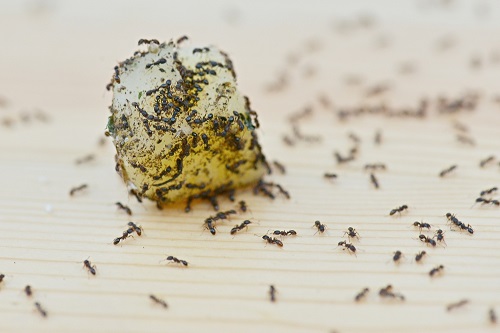

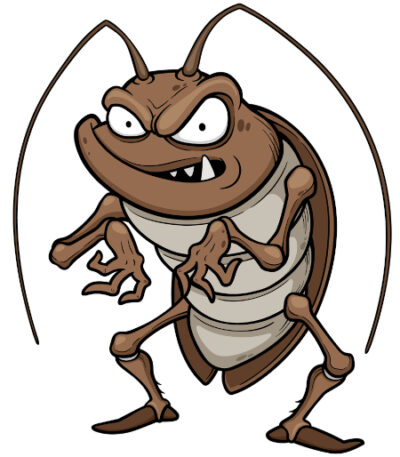
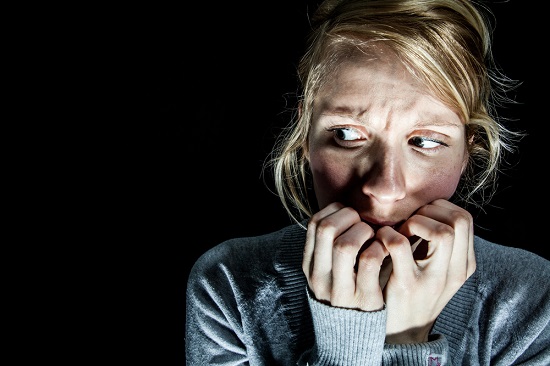
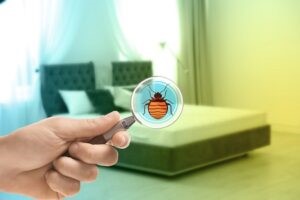
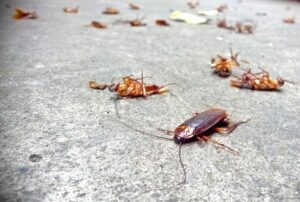

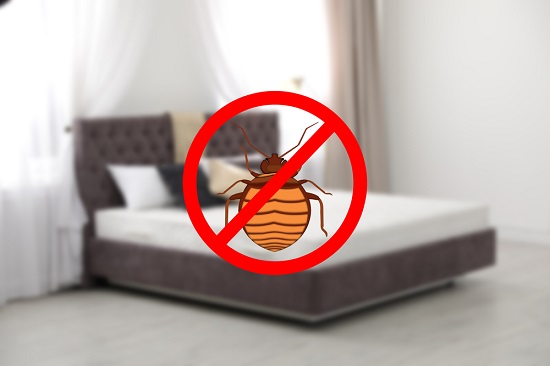

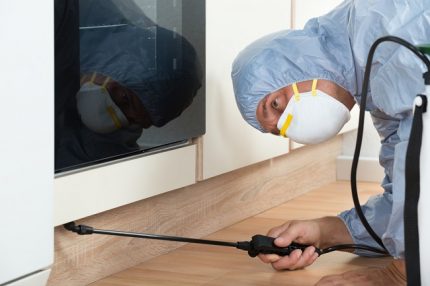
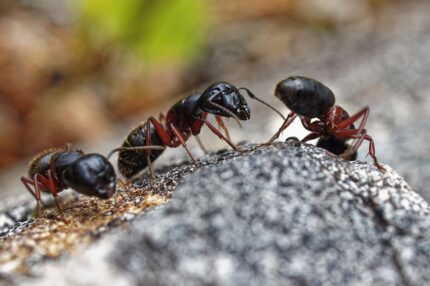
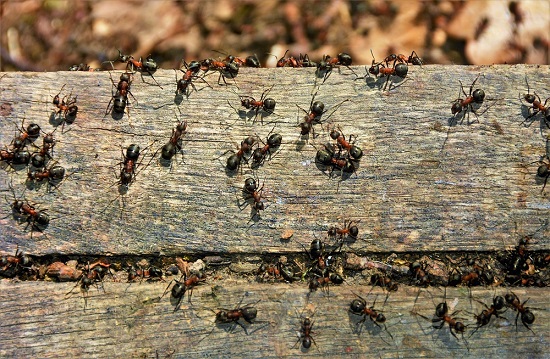
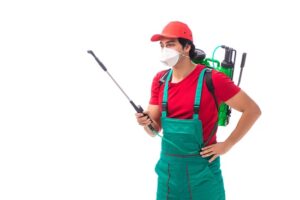 Pest Control Myrtle Beach: FALL EARLY SPRING
Pest Control Myrtle Beach: FALL EARLY SPRING